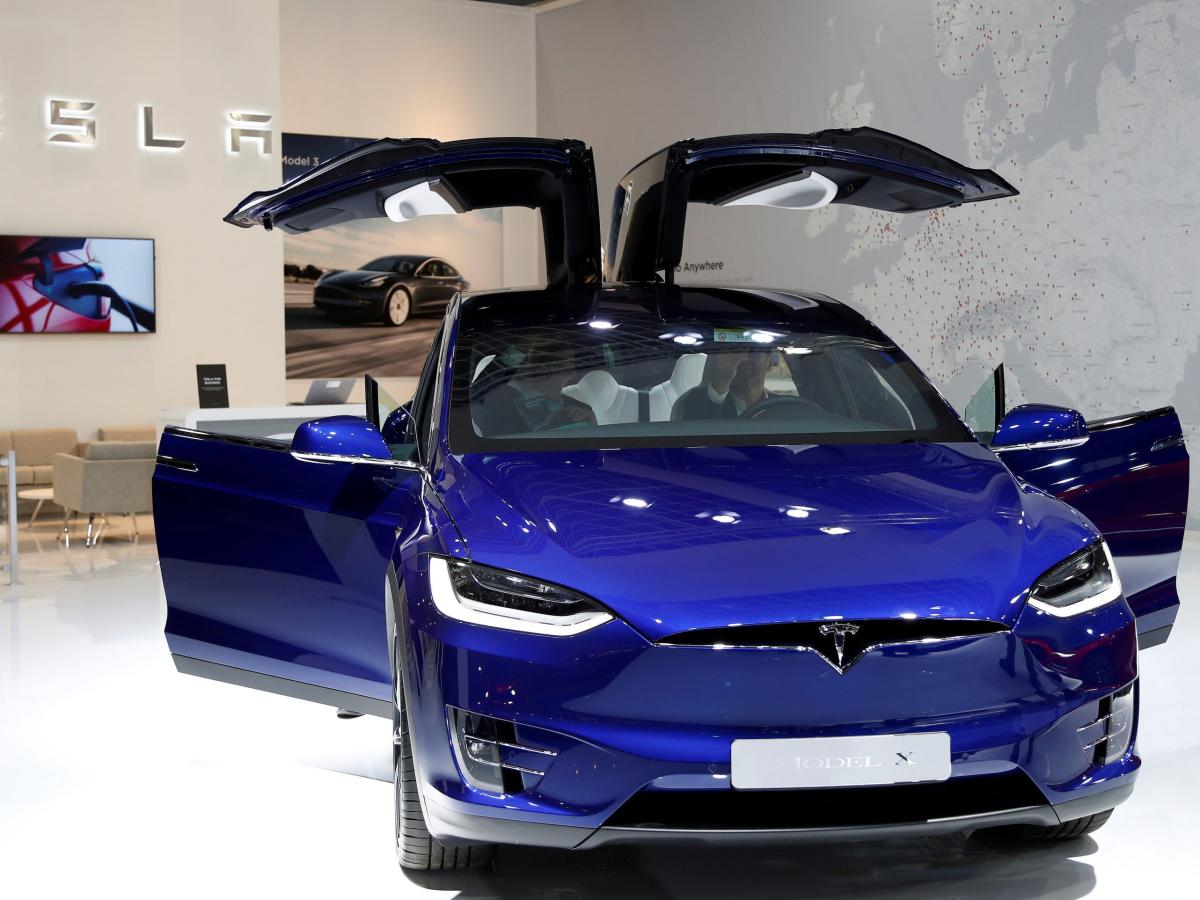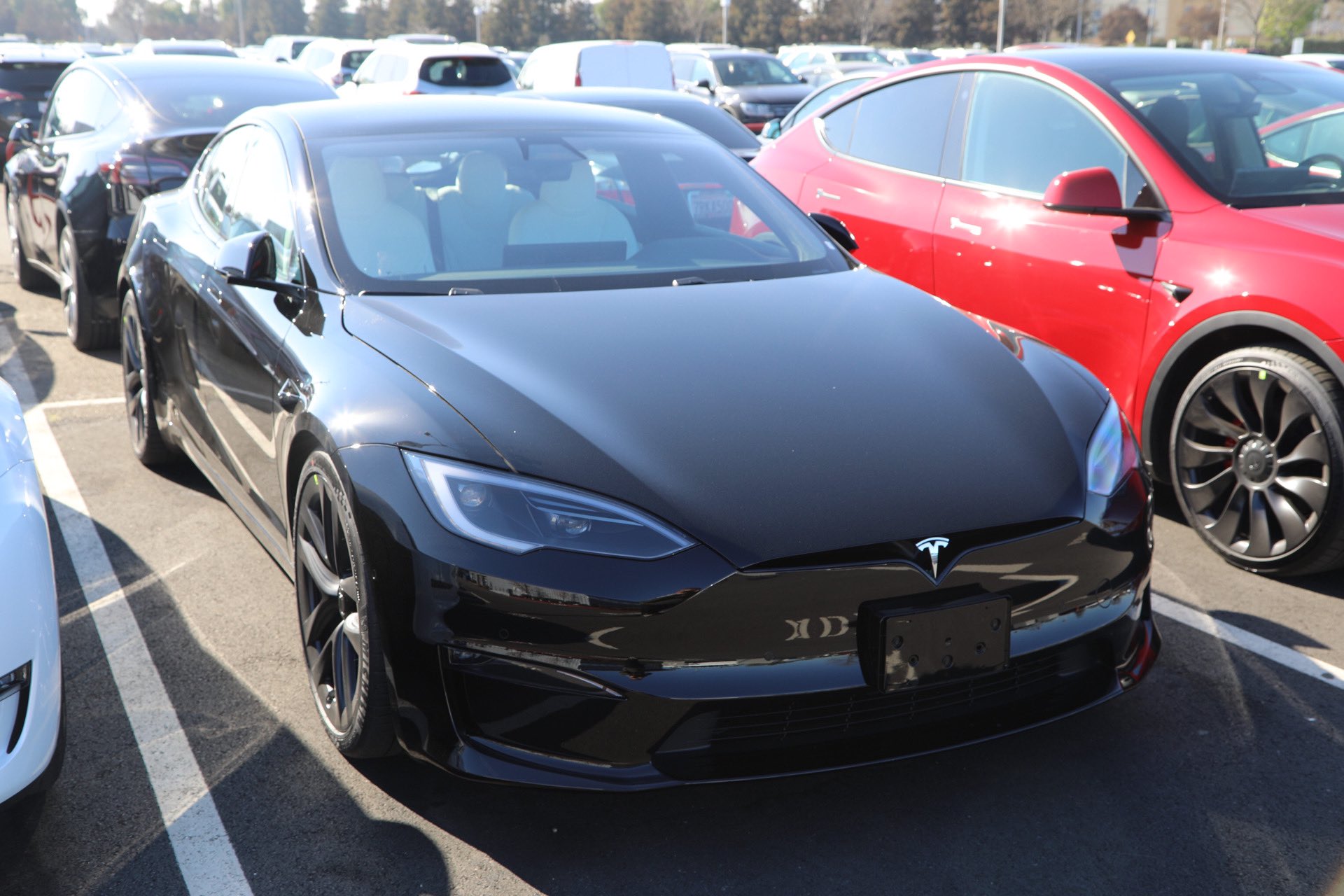cpa
Active Member
I think there are two roots to any perceived issues with service.
First, many new vehicles are delivered with minor cosmetic issues like panel gaps or or software hiccups. (Not a whole lot, but still...) A handful of cars do have serious issues like the traction battery crapping out after 150 miles or the drive unit dying. We've seen a few of these threads on this site. Clearly not everyone with a major issue posts their findings, but still. . .
Service has to deal with these new car issues, and outside of the major urban areas like the Bay Area or LA, getting these things repaired can become problematic. Many of these issues cannot be addressed via mobile service. Instead, Tesla needs to resolve those issues first to get the new owners back on the road.
Then, for owners who've had their car for awhile, the only -- only -- method of communication is via the phone app. This is rather impersonal, since we get notified either via the app or email whenever our situation is reviewed and a suggested course of action, estimate awaiting approval, and appointment are confirmed. Tesla relies solely upon software to determine what needs to be done and to communicate with us. (Yes, once the car is in for service, there are timely phone calls to keep us apprised of the progress. Tesla just needs to expand upon this method to make it easier to contact them.)
For routine repairs e.g., 12V battery replacement, charge port replacement, door handles/window motors, mobile service is splendid and works quite well using the app.
But for thornier repairs, perhaps software related, perhaps charging related, perhaps needing extensive diagnosis at the center, our only recourse is the back-and-forth with electronic communication before an appointment is scheduled. Then, the only way home is to have my wife follow me in our other car to take me home and again to drop me off to pick up the car when it is ready. I don't presuppose to receive a loaner for two or three days, but a shuttle service would be nice.
First, many new vehicles are delivered with minor cosmetic issues like panel gaps or or software hiccups. (Not a whole lot, but still...) A handful of cars do have serious issues like the traction battery crapping out after 150 miles or the drive unit dying. We've seen a few of these threads on this site. Clearly not everyone with a major issue posts their findings, but still. . .
Service has to deal with these new car issues, and outside of the major urban areas like the Bay Area or LA, getting these things repaired can become problematic. Many of these issues cannot be addressed via mobile service. Instead, Tesla needs to resolve those issues first to get the new owners back on the road.
Then, for owners who've had their car for awhile, the only -- only -- method of communication is via the phone app. This is rather impersonal, since we get notified either via the app or email whenever our situation is reviewed and a suggested course of action, estimate awaiting approval, and appointment are confirmed. Tesla relies solely upon software to determine what needs to be done and to communicate with us. (Yes, once the car is in for service, there are timely phone calls to keep us apprised of the progress. Tesla just needs to expand upon this method to make it easier to contact them.)
For routine repairs e.g., 12V battery replacement, charge port replacement, door handles/window motors, mobile service is splendid and works quite well using the app.
But for thornier repairs, perhaps software related, perhaps charging related, perhaps needing extensive diagnosis at the center, our only recourse is the back-and-forth with electronic communication before an appointment is scheduled. Then, the only way home is to have my wife follow me in our other car to take me home and again to drop me off to pick up the car when it is ready. I don't presuppose to receive a loaner for two or three days, but a shuttle service would be nice.







